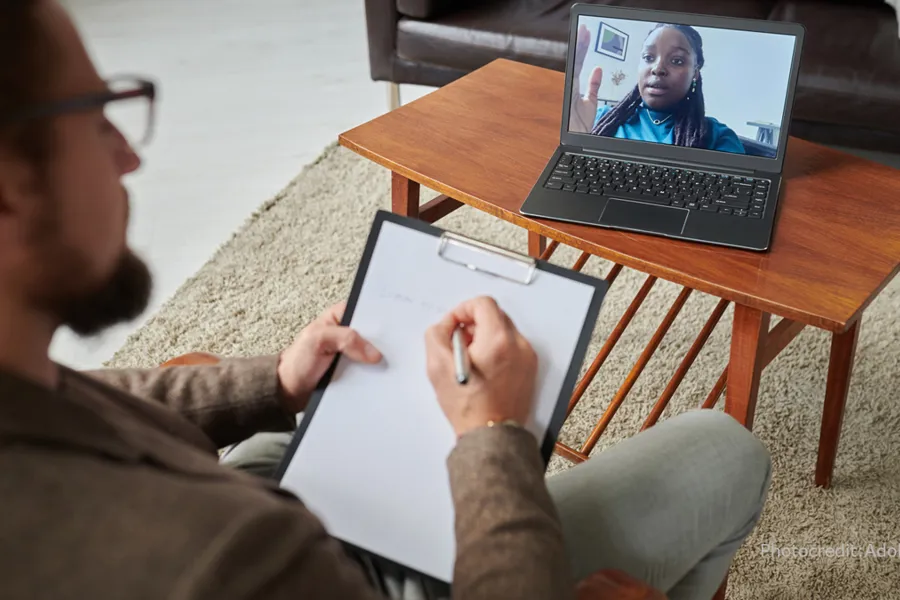Digital treatment provided significant improvement in anxiety and depression symptoms
A study by the Norwegian Institute of Public Health shows that guided digital treatment can be an effective alternative to traditional therapy for anxiety and depression.

The NIPH reports good results from the study on the treatment Rapid Mental Health Care (RPH). RPH is a low-threshold service for adults with mild to moderate anxiety, depression, sleep difficulties and/or incipient substance abuse problems. The service is based on cognitive therapy in the form of teaching-based courses, guided self-help, treatment groups and individual psychotherapy, and the aim is to provide fast and effective help without long waiting times. About one hundred Norwegian municipalities offer the treatment, which is free of charge and does not require a doctor’s referral.
The online treatment uses the web-based tool Assisted Self-Help. This form of treatment involves the user working independently with digital tools containing mental health education, exercises and tasks, with support from a therapist through short, regular follow-up calls, often by phone.
Saves therapists resources
The therapists spent about half as much time on the treatment in the group that received Assisted Self-Help compared to ordinary Rapid Mental Health Care (RPH).
The study included 403 participants who were randomly assigned to either Assisted Self-Help or regular follow-up at RPH (mainly talk therapy). Six months after the start of treatment, the recovery rate in both groups was over 50 percent. Participants in the Assisted Self-Help group felt that the collaboration with the therapists was at least as satisfactory as in ordinary RPH follow-up and they were generally satisfied with the treatment tool.
“The time saved can help ensure that more people in need can get help. This is useful because in many countries, including Norway, there is a large gap between the number of people with depression or anxiety symptoms, and those who receive effective treatment,” says Marit Knapstad, senior researcher at the Norwegian Institute of Public Health.
According to the World Mental Health Survey, only 22 percent of those with depression and 14 percent of those with anxiety disorders in high-income countries receive adequate treatment.
“Overall, the study supports Assisted Self-Help as part of the treatment offer at Rapid Mental Health Care. This form of treatment is more accessible to users, requires significantly less therapist time and produces relatively good clinical results. At the same time, there is a need for more research to find out whether Assisted Self-Help is at least as effective as the ordinary RPH program,” says Marit Knapstad at NIPH.